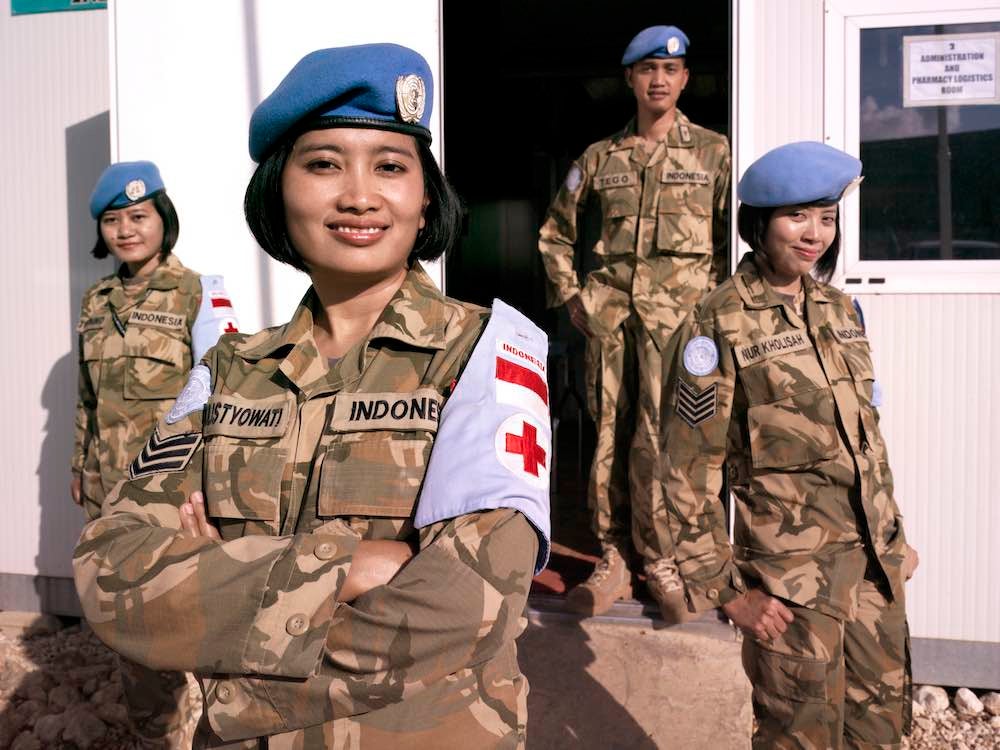Indonesian Army Ending ‘Virginity Tests’ For Female Recruits
An excerpt from a speech made by Indonesia General Pekasa during a teleconference appears to suggest the Indonesian army is moving away from “virginity testing” its female recruits. According to a translation provided by The Guardian:
“There will be no more [medical] examination outside that purpose. […] There are things that are not relevant … And [we] can’t do that kind of examination any more. We must do the same examination on the women recruits like we do on the men recruits.”
The testing, reportedly carried out on female recruits and sometimes even on the potential wives of Indonesian military officers, would see a doctor insert two fingers into the woman’s vagina and check whether the hymen was intact. If it was not, that would mark the end of said woman’s military career.
The practice had long been criticized by human rights groups with Human Rights Watch calling the practice “abusive” while the World Health Organization stated the practice violated the victims’ human rights. In a statement, Human Rights Watch said that:
“The army command is doing the right thing. It is now the responsibility of territorial and battalion commanders to follow orders, and recognize the unscientific, rights-abusing nature of this practice. Increased pressure also needs to be focused on the top commanders of the navy and the air force to follow the army’s lead, and end this practice.”
Nevertheless, it remains to be seen what will actually be done to end these practices. The tests have also reportedly been practiced by police, the air force and the navy and there has been no indication that these organizations plan to change their procedures.
These changes are being implemented just as the US and Indonesia are participating in the largest joint military exercises to date featuring thousands of troops. The exercises, Garuda Shield, have been conducted annually since 2009.
Header: A file photo of a contingent of peacekeepers from Indonesia deployed to UNFIL, Lebanon, in 2012 (Pasqual Gorriz/UN Photo)

